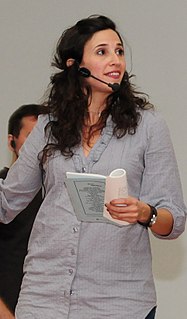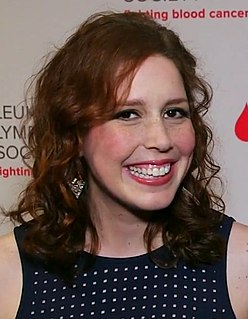A Quote by Robert Ben Garant
It's always hard to watch bad actors improv on your skit.
Related Quotes
A lot of young actors have the idea that, "I've got to do this right. There's a right way to do this." But there's no right or wrong. There's only good and bad. And "bad" usually happens when you're trying too hard to do it right. There's a very broad spectrum of things that can inhibit you. The most important thing for actors - and not just actors, but everybody - is to feel loose enough to create what you want to create, and be free to try anything. To have choices.
I have friends who will say, "Oh you gotta come and see our show." And the first thing I say is, "Is it sketch or improv?" I'll go in a minute to see a sketch show. I love sketch; it's my favorite form. But if it's all improv, they're either very good and it's annoying how good they are and it makes you feel bad, or they're not too good then you're sweating for them. And you don't want to sweat for them, see actors repeating each other's lines.




































